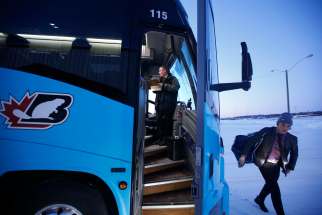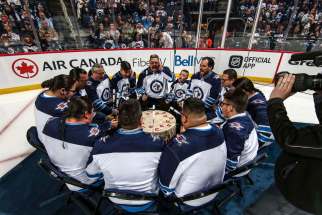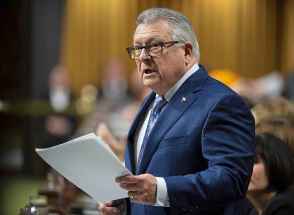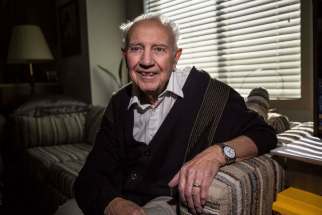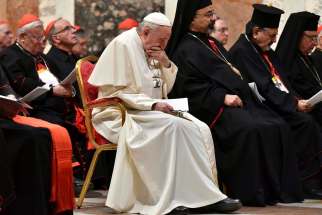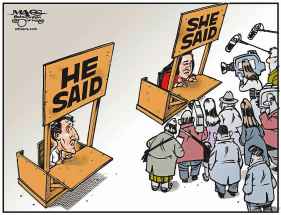Reconciliation finds true home at True North How the Winnipeg Jets have quietly built relationships with Indigenous communities
Read this article for free:
or
Already have an account? Log in here »
To continue reading, please subscribe:
Monthly Digital Subscription
$0 for the first 4 weeks*
- Enjoy unlimited reading on winnipegfreepress.com
- Read the E-Edition, our digital replica newspaper
- Access News Break, our award-winning app
- Play interactive puzzles
*No charge for 4 weeks then price increases to the regular rate of $19.00 plus GST every four weeks. Offer available to new and qualified returning subscribers only. Cancel any time.
Monthly Digital Subscription
$4.75/week*
- Enjoy unlimited reading on winnipegfreepress.com
- Read the E-Edition, our digital replica newspaper
- Access News Break, our award-winning app
- Play interactive puzzles
*Billed as $19 plus GST every four weeks. Cancel any time.
To continue reading, please subscribe:
Add Free Press access to your Brandon Sun subscription for only an additional
$1 for the first 4 weeks*
*Your next subscription payment will increase by $1.00 and you will be charged $16.99 plus GST for four weeks. After four weeks, your payment will increase to $23.99 plus GST every four weeks.
Read unlimited articles for free today:
or
Already have an account? Log in here »
Hey there, time traveller!
This article was published 01/03/2019 (2480 days ago), so information in it may no longer be current.
In the early hours of July 5, 2016, 26-year-old Cyril Weenusk of Oxford House First Nation was killed after encountering two men at the corner of Portage Avenue and Donald Street.
At the place where he died – footsteps from the Bell MTS Place – members of Weenusk’s community held a vigil, covering the sidewalk with candles, photographs, and gifts.
The next morning, downtown life continued, and thousands began to walk by and disturb the site.
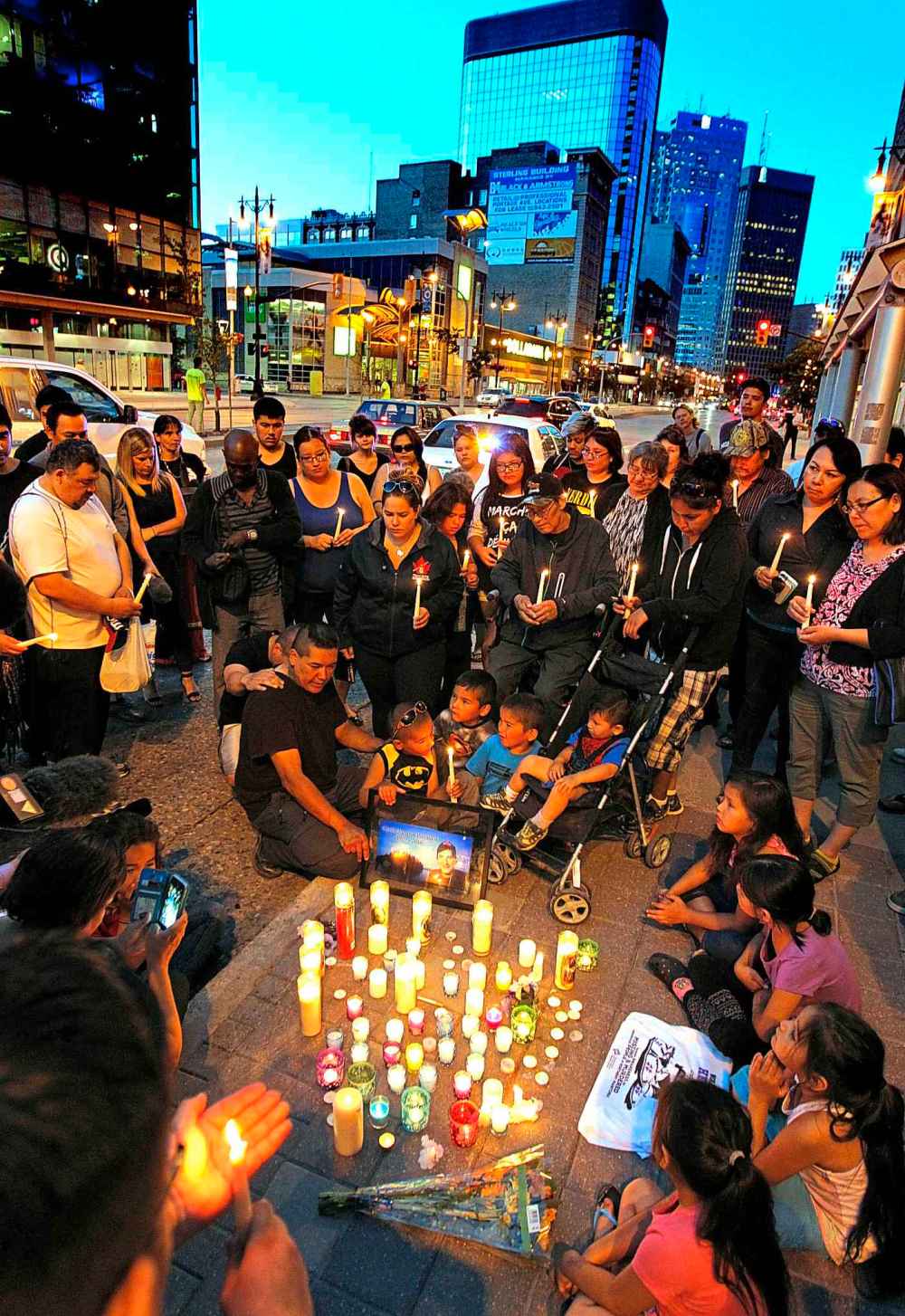
A group of Indigenous employees from the Bell MTS Place, many originally from communities like Oxford House, decided to do something by using their work breaks to protect the space.
They also asked their employer, True North Sports & Entertainment, the owner of the Winnipeg Jets, if they could do this during work hours.
True North agreed, and a round-the-clock team oversaw the site. Days later, that same group held a ceremony for the materials, eventually delivering them to Grand Chief Sheila North Wilson of Manitoba Keewatinowi Okimakanak, who was Weenusk’s cousin.
There was no media, no press release, no photographs. I only knew about this was because I was asked to help.
“It was the right thing to do,” True North chairman Mark Chipman explained when I reminded him about it. “We were just fortunate we could help honour this young man.”
This is a story of how the Winnipeg Jets have quietly built relationships with Indigenous communities.
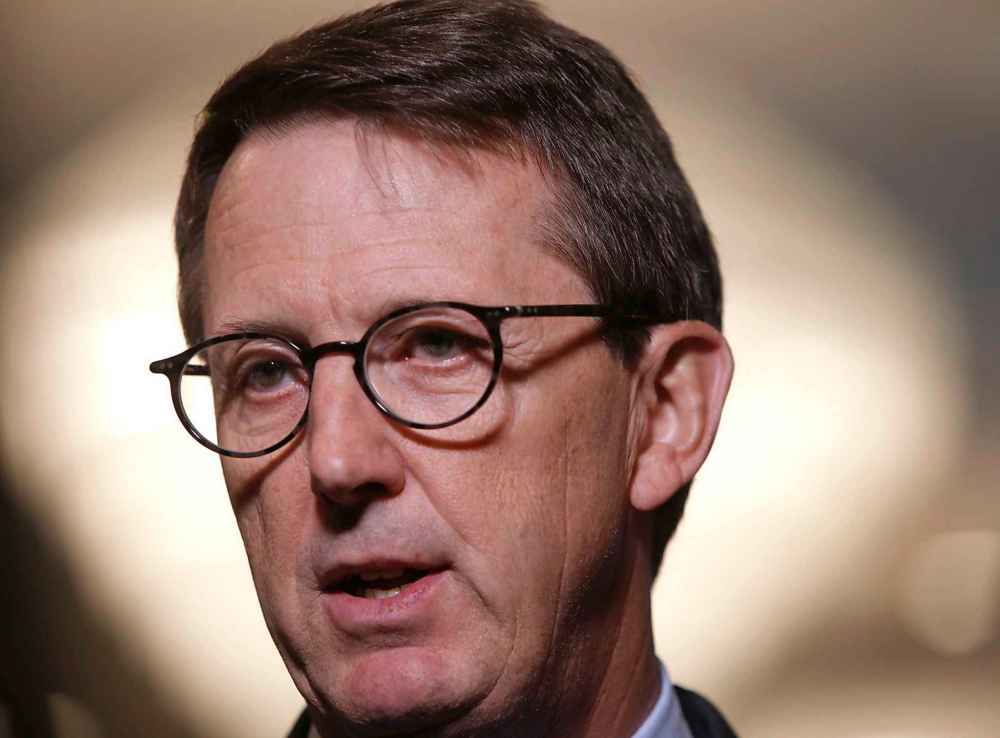
From hockey to hiring to headdresses, the Winnipeg Jets have become a model for reconciliation in Manitoba.
“I wouldn’t call us leaders in reconciliation,” Chipman told me in an interview, “we have just been in some situations where we have looked to people to help us understand what it means to be a responsible community member and lucky we have Indigenous employees and leaders to help us.”
Chipman, notoriously private, proudly tells me he’s “learned a lot” while attending events like the recent traditional opening of the True North Square, attended by an honour song and ceremony. The ceremony was co-organized by Kevin Chief, a former MLA.
“Kevin has been instrumental in helping introduce us to the Indigenous community,” Chipman said, “we’ve learned a lot from him and others.”
Chief was instrumental in helping co-ordinate the Winnipeg Jets WASAC night.
On Feb. 16 and 17, True North hosted two home games, one with the Winnipeg Jets and the other with the Manitoba Moose, to honour the Winnipeg Aboriginal Sport Achievement Centre. Celebrating 20 years and founded in 1999, WASAC connects Indigenous youth to sport and provides mentorship and leadership programs focused on career development.

Chief, a co-founder of WASAC, lobbied True North and eventually helped plan the event.
The Jets game featured a traditional drum opening by Spirit Sands Singers, Indigenous musician Don Amero singing the national anthems, a ceremonial face-off by Indigenous elders, and thirty Indigenous youth from northern communities like Lac Brochet, Oxford House, Pauingassi, and Shamattawa. Indigenous NHL alumni like Reggie Leach, Jamie Leach, and Daryl Stanley also met and skated with the youth.
Special Indigenous-themed logos and clothing for the Jets and Moose, created by WASAC alumni Leticia Spence, were sold at the event with proceeds going to WASAC.
The next night, at the Moose game, over 500 Indigenous youth took part in similar festivities.
Chief has also helped True North navigate history. He introduced then-Grand Chief of the Assembly of Manitoba Chiefs, Derek Nepinak, to Chipman when Indigenous fans of the Jets brought the issue of headdresses to True North’s attention. Fans argued that the wearing of headdresses at games not only perpetuates harmful stereotypes, but disrespects a sacred item that should be traditionally earned and not worn around alcohol.
True North agreed to ban headdresses at all events, becoming the first in the NHL and one of the only professional teams in North America to do this.
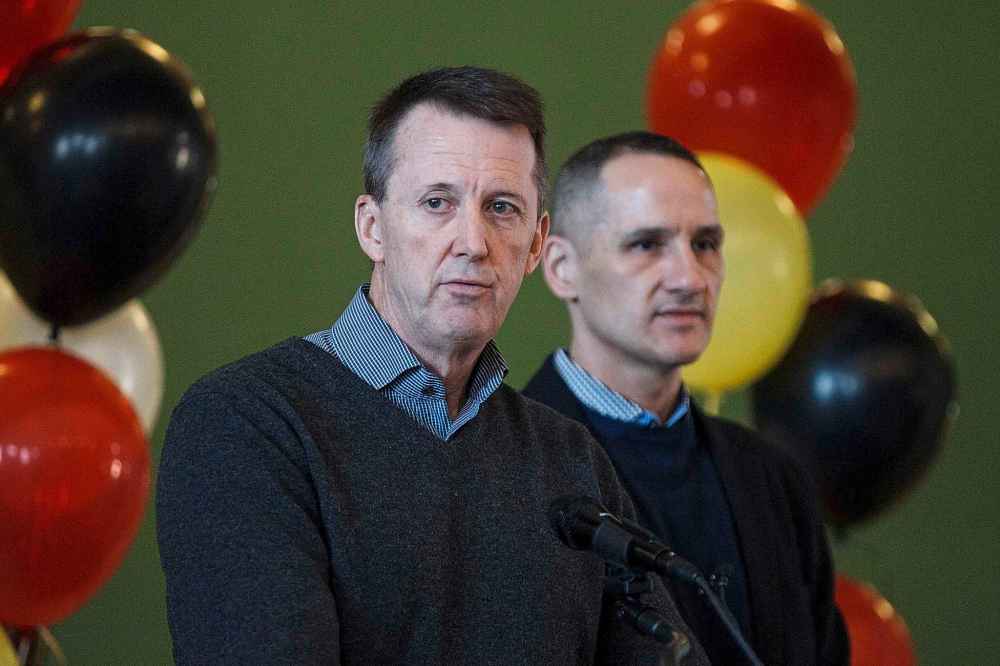
Soon after, True North also made the decision to make acknowledgements of Treaty One territory and lead fans in a commitment to “a spirit of reconciliation” before every event.
I wrote this for them after Chief introduced me to Chipman.
True North’s work is having an impact. During last season’s playoff run, hockey broadcaster Ron Mclean opened up a Jets broadcast by welcoming viewers to Treaty one territory, even explaining to viewers what Winnipeg means in Cree.
“I love working here,” said Rachel Esquash from Swan Lake First Nation, “everyone has a lot of respect.”
Esquash has worked in housekeeping for True North since 1996, at the old arena in Polo Park. Now, seven of her family members – including all of her children – work in various capacities, from cleaning to security to game-time operations.
“My family has become the Winnipeg Jets,” Esquash says. One day she is cleaning rooms and the next helping singer Elton John or WWE star Roman Reigns.
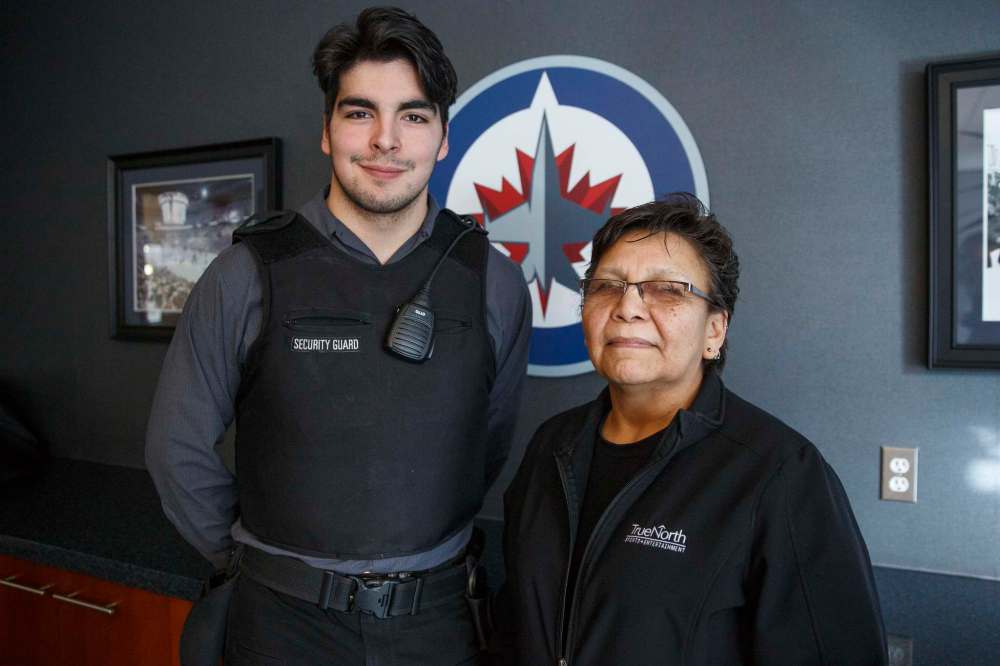
She tries to give back what her work has given her – even making bannock for the lunch room.
“She’s a leader on our staff,” Chipman said, “someone I take advice from.”
Security guard Tyler Robinson from Roseau River First Nation is a former WASAC alumni who came to True North through the Youth CEO (Creative Employment Opportunities) program, a mentorship initiative that gives Indigenous youth opportunities to work within Winnipeg companies.
After working with True North, Robinson was hired full-time and plans to be a police officer one day.
“I can’t imagine a better place where I get to meet people, work with the community, and build my career.”
Many True North employees are offered training in community and customer relations as well.
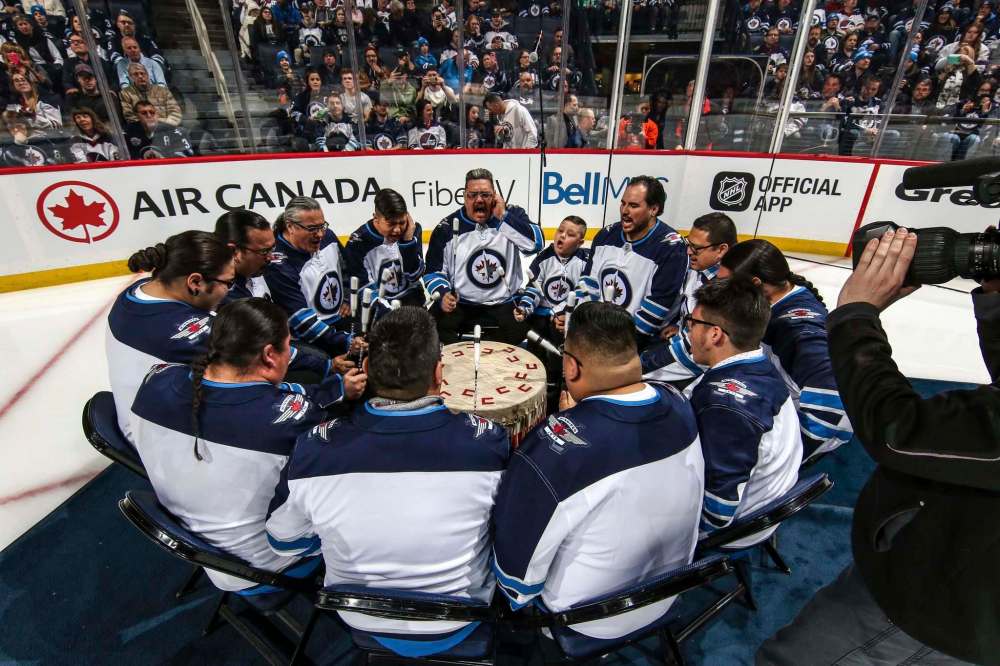
True North has around 260 full-time and 1,250 part-time employees. They don’t keep track of Indigenous employees but Esquash says they are “many, from all over.”
Murray Cobb gets off the ice at 9 p.m. after coaching his PeeWee girls A2 squad.
“The girls have come a long way. We used to get shellacked 14-0. Now, we are winning playoff games.”
Cobb coaches in the Winnipeg Jets Hockey Academy program, a school- and community-based hockey initiative that focuses on underprivileged youth who don’t get opportunities to play. The majority of the program’s participants are Indigenous.
Nine out of fifteen players on Cobb’s team are Indigenous. They are a part of the nearly 600 players who work with 250 volunteers in schools throughout Winnipeg’s inner city, Transcona, and St. James communities.
The program focuses on building school attendance, academics, and career planning while also providing community experiences and hockey equipment and training along the way. The proof of the success of the program is increased grades, graduation rates and involvement of parents, families, and communities.
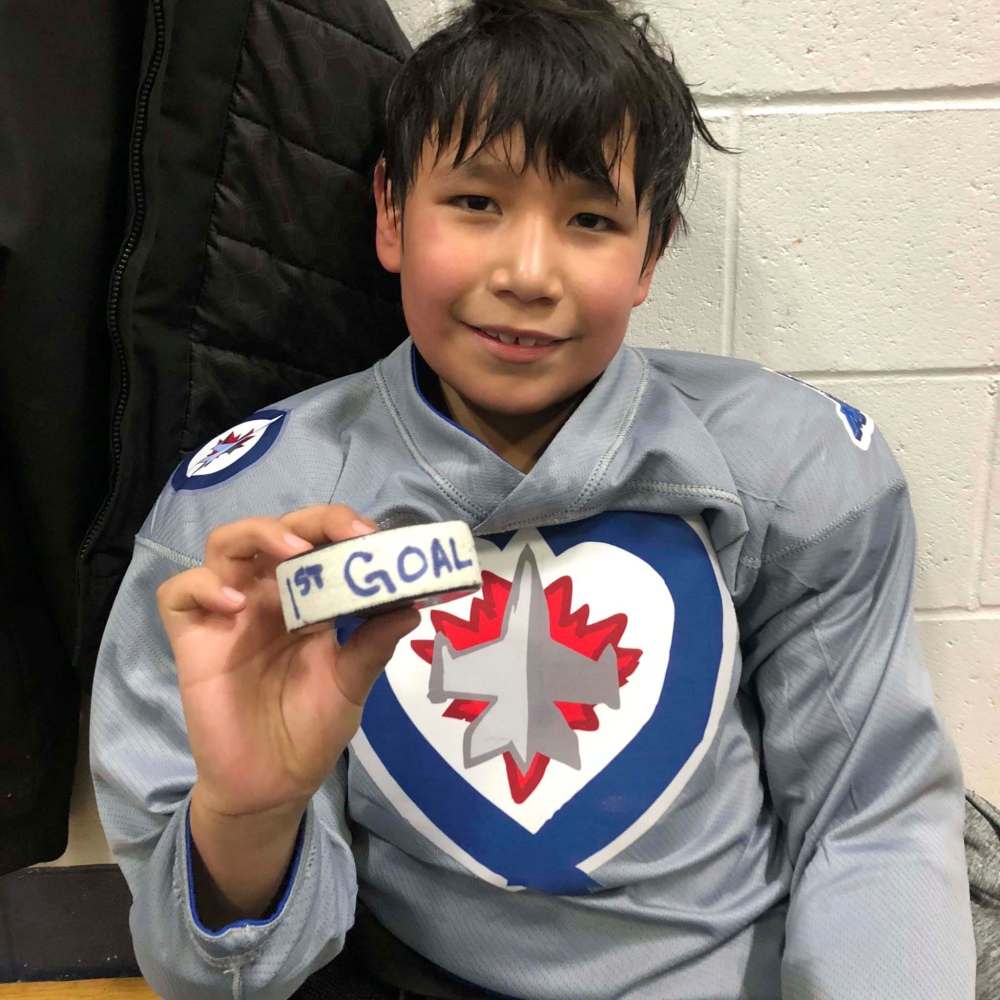
They may even be breaking down barriers between Indigenous communities and schools too.
True North does other programs that directly engage First Nations and Métis communities, like Camp Manitou that gives youth summer experiences in sport and skill building or Project 11, which addresses stigma and positivity around mental health and youth suicide in the north.
Much of this is paid for by fundraising and donations from True North employees. Last year, 95 per cent of True North employees donated parts of their paycheque to one of the three programs.
During last season’s playoff run, Indigenous Jets fans were everywhere.
Social media feeds showed literally hundreds of photos of medallions and moccasins with Jets colours and beadwork. Indigenous and non-Indigenous fans high fiving each other at parties downtown. Indigenous fans proudly wearing white jerseys and a logo with the maple leaf.
This wasn’t an approval of Canada but evidence that hockey transcends division.
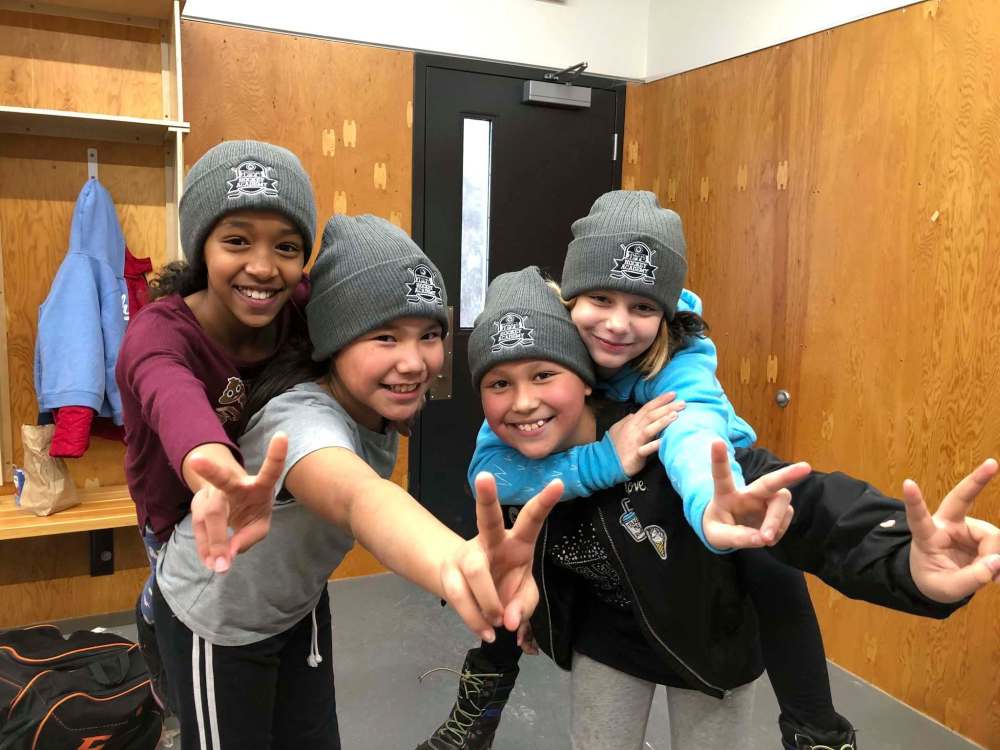
Indigenous peoples have found meaning in the Winnipeg Jets.
I ask Chipman whether hockey can overcome differences.
“I am not sure,” he responds, “but if you are trying to build an organization that unites a community, you had better invite and include everyone in that community.”

Niigaan Sinclair is Anishinaabe and is a columnist at the Winnipeg Free Press.
Our newsroom depends on a growing audience of readers to power our journalism. If you are not a paid reader, please consider becoming a subscriber.
Our newsroom depends on its audience of readers to power our journalism. Thank you for your support.
History
Updated on Saturday, March 2, 2019 8:15 AM CST: Clarifies many True North employees are offered training.


